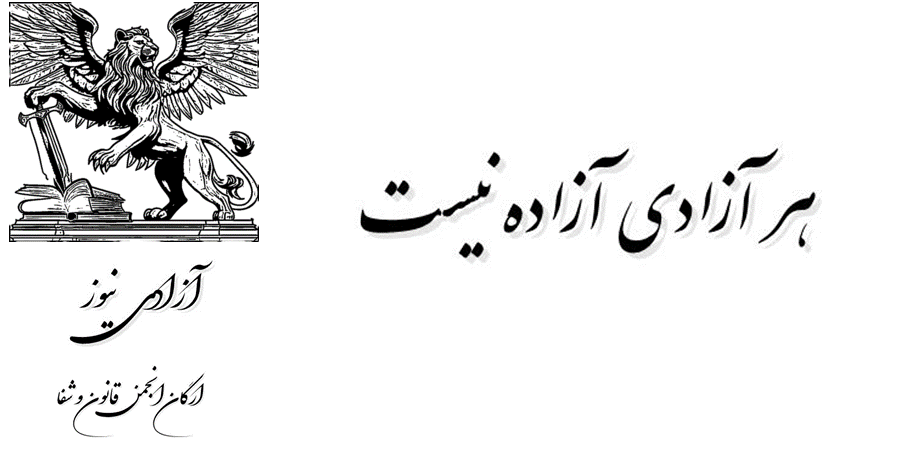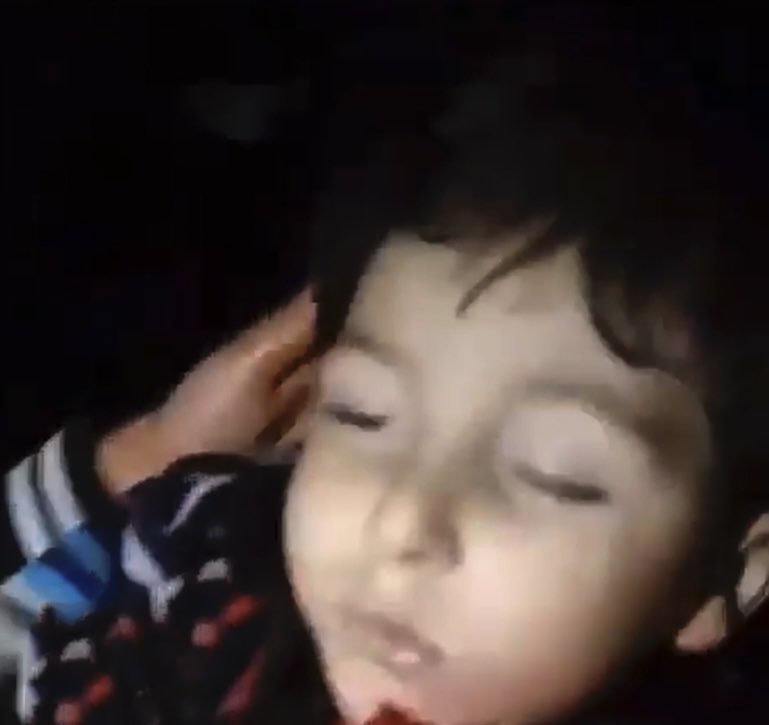Dr. Amirali R. Tahmasb (Davoudpour 1)
Today, in discussing the historical narrative of the birth of one of the virtuous people, Jesus Christ, the bearer of glad tidings in the narrow path 2 (Matthew 13:7-14), we explore one of the most mysterious messages of God. In light of the Christmas season this year, we relate it to the genocide of the Palestinian people, attempting to interpret and elucidate the hidden message in the crucifixion of Jesus by the hands of the Jews and Romans. Additionally, we delve into the recurring theme of child sacrifice by God and the divine call for such sacrifices, as seen in the stories of Jesus and, notably, Abraham, a matter that requires careful examination.
The question arises whether God’s call to sacrifice the head of Ishmael (or according to some, Isaac) and offering his only son, aside from demonstrating the sincerity of their intentions, signifies a transcendent and parallel truth for future generations. Is the sacrifice and genocide of the Palestinian children a hidden historical prophecy in their sacred books? In another instance, the abandonment of Ishmael and Hagar in the waterless and desolate desert by Abraham is counted as an act of child abuse in the Jewish holy book. (When Isaac was born to Sarah, the relationship between Hagar and Sarah deteriorated to its worst. During Isaac’s birthday celebration, Sarah observed that Ishmael, her son’s half-brother, was mocking him. She became extremely angry and asked her husband, now known as Abraham, to expel Hagar and her son. She insisted that Ishmael should not share Abraham’s inheritance. God granted Abraham peace and told him to comply with Sarah’s wishes, as not only would Isaac be the one to continue Abraham’s lineage, but from Ishmael, God would also create a great nation. The next morning, Abraham escorted Hagar and her son out of their camp. Outside the camp, he provided them with bread and water and sent them on their way to Beersheba. Hagar and her son wandered aimlessly in the desert until all their food and water ran out).
Regarding Moses, it is mentioned that Pharaoh, based on a prophecy, ordered the sacrifice of all newborns of the Children of Israel to find the Savior and Messiah of the Children of Israel, freeing them from the rule of the Egyptian Pharaoh (Exodus 1:10). However, Moses’ mother (Jochebed) placed him in a basket and cast him into the Nile, seeking rescue by the wife or daughter of Pharaoh (Bithiah). Moses eventually grew up in Pharaoh’s household, saved the Children of Israel from Egyptian rule, wandered in the desert for years, and eventually granted them sovereignty. The act of sacrificing children to find a suspect, as seen in recent years by the government associated with the Jews (Zionists), has, by fate, replaced the position of Pharaoh with the Israeli government. It seems as if the described Pharaohs were those who attributed themselves to the Children of Israel and their prophets.
To briefly touch on Abraham, the call to kill a son (based on varying accounts of Ishmael or Isaac) and also sacrificing his only son, Jesus, is a deed attributed to the God of Israel in the Holy Scriptures.
An important point is that child sacrifice is a part of the deeds attributed to God, especially in the sacred scriptures, hindering awareness among a significant portion of Jewish and even Christian believers regarding the heinous act occurring in present-day Palestine. In the Book of Deuteronomy Chapter 25, God commands the Children of Israel to remember what the Amalekites did to them and to destroy all Amalekites, including their women and children. Benjamin Netanyahu, citing verses from the sacred book, labeled all the people of Palestine as Amalekites deserving mass death and punishment. In 2010, he had similarly branded the Islamic Republic and consequently Iran as new Amalekites.
In summary, the God of Israel, both historically through revelations and visions (in the case of Abraham) and practically concerning His only son (Jesus, son of Mary), invites child sacrifice. Regardless of the reason for this child sacrifice, we are faced with a form of revelation, visions, and perilous actions that have particularly targeted children. The God of Israel has demonstrated his disregard for ethical standards in other instances, such as the call to Lot to allow people to molest his daughters and be intimate with them. However, considering the covenant of the Lord of Israel and His teachings, as exemplified by the actions of Jesus Christ, who is a prominent example of ethical behavior, it can be inferred that the rejection of the New Covenant and the ethical teachings of Jesus by the Zionists can be the driving force behind many of their crimes committed in the name of the Lord.
Raz Segal, an Israeli analyst of the Holocaust and genocide, calls what is happening in Gaza an obvious and textbook example of genocide, and we have to warn about the danger of extremism in Judaism which may bear fruits like genocide and infanticide on behalf of Israelite God.
1- Due to the similarity of the surname with the prophet of Israel David, please follow my informal articles with the name of Tahmasb from now on.
2- The narrow path of Jesus does not seem to be the path of religion,the path of religion is the vast and universal path .


